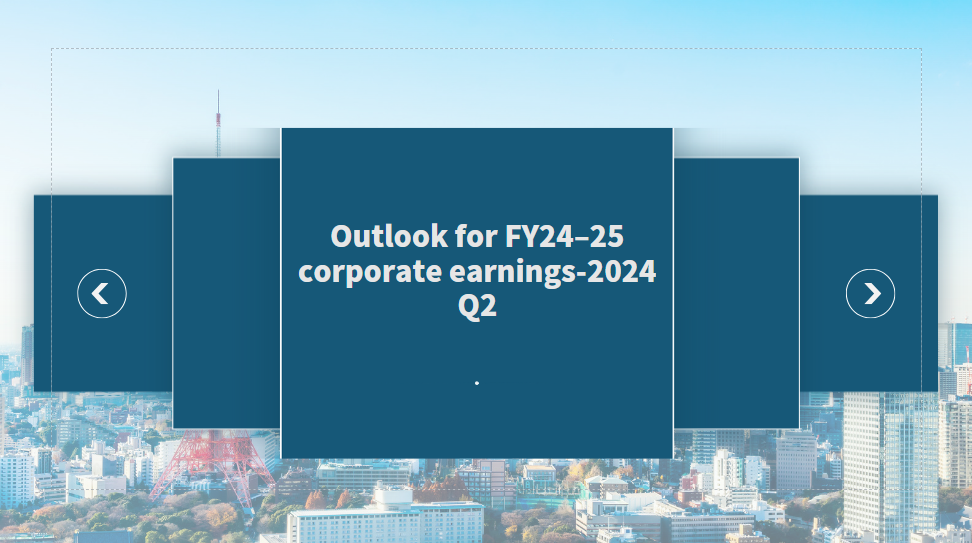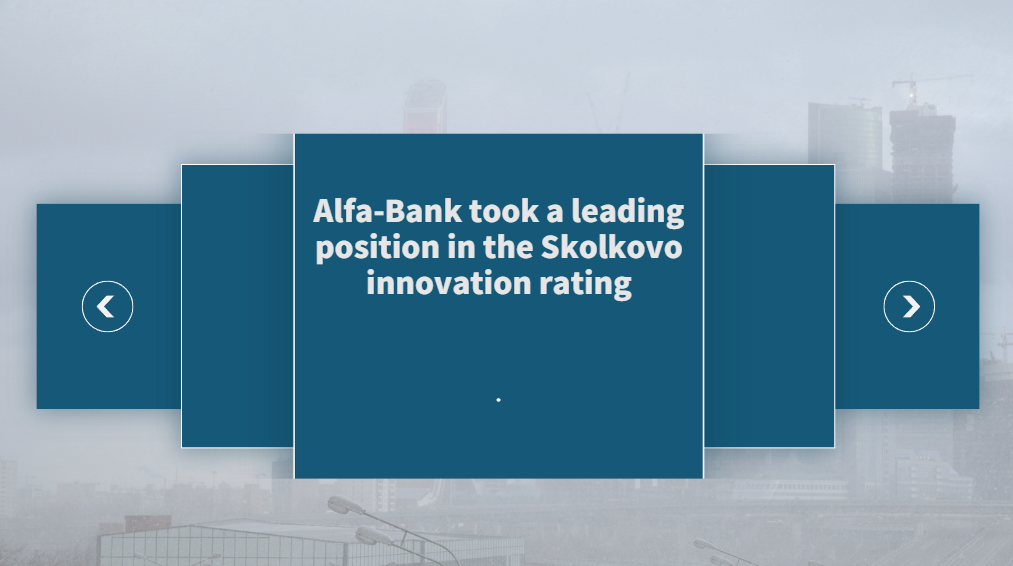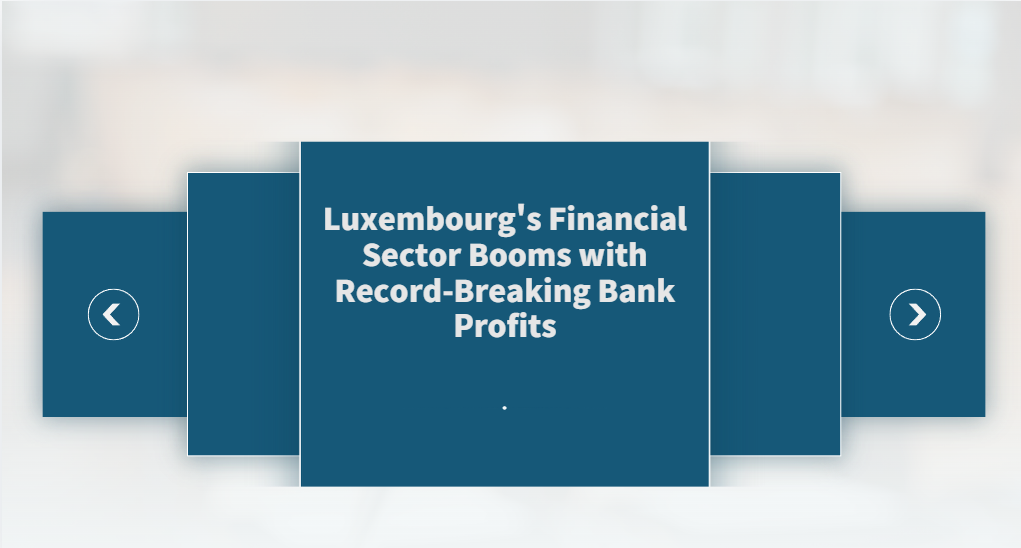Keynote Speech at 2024 INCLUSION·Conference on the Bund
Distinguished guests, ladies and gentlemen.
Thank you for inviting me to speak at today’s conference. It is always a pleasure to be in Shanghai, such a vibrant and lovely city so rich in history and culture.
The third plenary session of the 20th Central Committee of the Communist Party of China has underscored our nation’s commitment to further deepening reform and advancing Chinese modernisation. In relation to the Hong Kong Special Administrative Region, the Central Committee has expressed support for consolidating and enhancing Hong Kong’s status as an international financial, shipping, and trade centre, harnessing the institutional strengths of the “One Country, Two Systems” principle.
At the Hong Kong Monetary Authority (HKMA), we fully appreciate the strategic importance of upholding Hong Kong’s position as an international financial centre. Many of you would have heard about the HKMA’s efforts in further developing the Hong Kong financial markets, including the many trips our top management have made to the Middle East and Southeast Asia, and our various initiatives to build better connections between the Hong Kong and Mainland financial markets and bolster our capabilities in the realms of financial innovation and sustainable finance.
I am not going to talk about these areas of the HKMA’s work. Instead, I would like to focus my remarks today on one area, which is the HKMA’s work to safeguard the integrity of our banking system and prevent it from being abused by criminals for illicit purposes. No institutional investors would want to keep their funds with a banking system which helps criminals launder illegal proceeds or finances terrorist activities. A banking system without a robust anti-money laundering and counter-terrorist financing (AML/CFT) regime will never be sustainable. So, in our pursuit of market development to strengthen Hong Kong’s IFC status, we always bear this Chinese saying “穩中求進” (pursue development with a solid foundation) in mind.
As I am sure you are all aware, the international standard-setter for AML/CFT is the Financial Action Task Force, or the FATF. Hong Kong has been a member of the FATF since 1991 and has implemented the FATF’s 40 recommendations and developed a comprehensive and consistent framework of measures to combat money laundering and terrorist financing (ML/TF). We fully subscribe to the risk-based approach, which is central to the effective implementation of the FATF Recommendations.
Adopting a risk-based approach means that competent authorities and financial institutions identify, assess and understand the money laundering and terrorist financing risks to which they are exposed, and take appropriate mitigation measures in accordance with the level of risk. At the jurisdictional level, this means that the authorities should understand the risk landscape facing them and formulate suitable and effective strategies and measures to address those risks. Hong Kong has undertaken two rounds of jurisdictional risk assessments and is making preparations to undertake a third one in 2025. While the preparatory work is ongoing, there are four major risk trends which stand out. These risk trends have profound implications not only for Hong Kong but also for other financial centres.
First, the rapid advancement of technology and the digitalisation of banking services, such as the ability to on-board customers quickly and remotely, coupled with the global shift towards online commerce, have created fertile ground for fraudsters to exploit vulnerabilities and deceive unsuspecting individuals and businesses.
Second, the growing prevalence of fraud is posing a threat to a broad spectrum of the society. The techniques used by fraudsters are getting more sophisticated, always trying to find our weakest link. Tackling fraud in all its guises and whatever we call it – scam, cybercrime, deception, must remain one of our most important global and regional priorities because it is affecting the daily lives of millions and millions of people.
Third, in an era where digital transactions have become the norm, we find ourselves facing a fast-evolving landscape of financial crime, in which the activity of non-bank financial intermediaries in new and emerging sectors – including crypto – has introduced new ML/TF risks into the ecosystem via direct and indirect links. While new players in the market offer new opportunities, they also introduce new risks, including those from ML/TF and sanctions, which need to be understood and managed.
Fourth, the ability to navigate a landscape marked by rising geopolitical tensions and the increasing use of economic sanctions, has become essential. The ability to remain vigilant and adaptable to complex and far-reaching sanctions regimes depends on the right mix of human skills augmented by technology.
In light of these risk trends, our response must be at the forefront of innovation in AML, showing boldness to challenge existing practices where better alternatives exist.
Using innovative technologies such as artificial intelligence, data analytics and cloud computing to generate better-quality, more actionable intelligence, is central to the effective management of these risk trends. Consideration should be given to using enriched customer data to enable a much more comprehensive view to be visualised, analysed, assessed and acted on, by banks, collaborating with law enforcement as part of an ecosystem with shared objectives and priorities. The large volume of valuable intelligence in various public and private platforms must be leveraged.
Innovation does not just mean more technology. It is also about augmenting human efforts where there is a use case for doing so and we see public value. Operating models require integration with intelligence-led analytics, which is able to target specific risks, whether these are illicit cross-border flows, or activities. This may be termed a human-led technology approach, a capability that is intelligence-led, tech-enabled and collaborative.
The role of supervisors today should be to act as enablers. It is critical for supervisors to reassess and redefine success in AML/CFT work to enhance overall ecosystem capability. Existing approaches to AML work can no longer guarantee the integrity of our inter-connected financial systems and a more ambitious approach to data and technology is required, particularly in the area of suspicious activity surveillance. In this connection, the HKMA will soon be rolling out a programme to uplift the capability of banks in monitoring and detecting criminal activities. Our banks will be asked to critically evaluate the feasibility of applying artificial intelligence in their monitoring of illicit activities.
Activity by non-bank financial institutions which poses money-laundering or terrorist-financing risks can be exploited and, without appropriate controls and integration of these institutions in the ecosystem, can make it harder to recover criminal proceeds. This requires timely review and expansion of the regulatory and supervisory perimeter to cover these risks. As long-standing FATF members, we must take all possible steps to promote timely and effective implementation of the international standards. In the case of Hong Kong, the HKMA is preparing legislation to bring stablecoin issuers within our supervisory net. Our aim is to capture the right opportunities associated with digital assets while keeping the risks well managed.
Fostering stronger collaboration among domestic authorities as well as with overseas counterparts and global standard-setting bodies is also more vital than ever if we are to fight cross-border criminal syndicates and illicit fund flows. That is why events like these, where we can share ideas and stimulate new initiatives, are so important.
Ladies and gentlemen, I hope I have been able to provide you with a general understanding of how Hong Kong strengthens its IFC status by taking proactive and effective measures to safeguard the integrity of our financial system. I also hope that my sharing today has provided some useful food for thought when authorities and financial institutions consider similar issues in their own jurisdictions. Thank you.
Note: The conference was held on 5-7 September 2024.





















































First, please LoginComment After ~